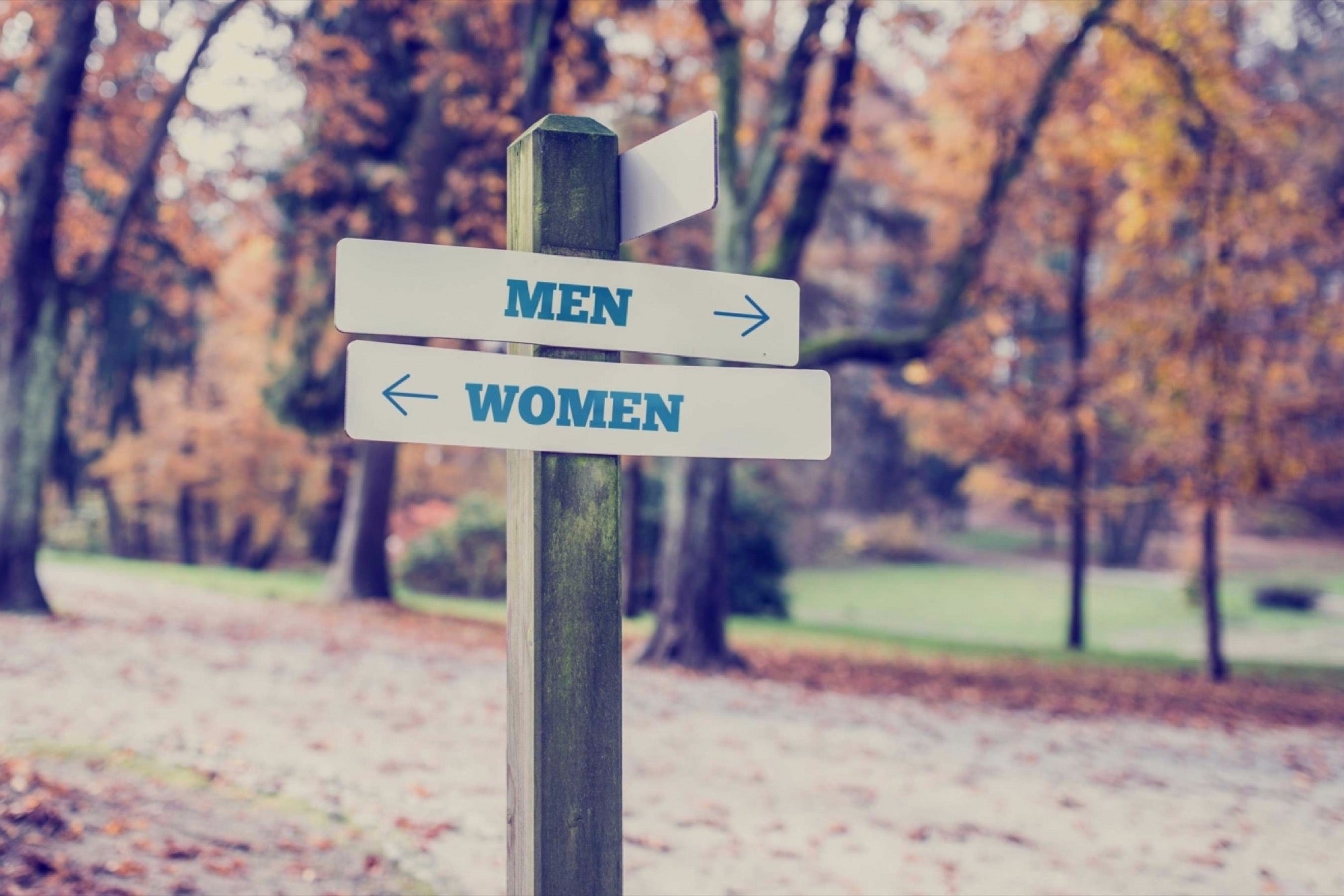Why Almost all the Apps on Your Phone are Started by Men? Parents and society directly and indirectly teach women to be "girly" and men to be "masculine"
Opinions expressed by Entrepreneur contributors are their own.
You're reading Entrepreneur India, an international franchise of Entrepreneur Media.

Pick up your phone, and look at all the apps you have on it. Now, google the founders of these apps. I bet more than 90% of them are founded by guys. Where are the women entrepreneurs? Why has literally every start-up that made it big such as Facebook, Flipkart, Amazon, Tinder and even Pinterest (which has a larger female base) been founded by a guy?
Whenever there are any statistics showing that men have been more successful than women in any particular field, the immediate reaction of people is to blame it on the (lack of) opportunities that women get.
But even when men and women receive the same opportunity, women often take lesser initiative.
Women who study at Harvard, Stanford, IIM have the same opportunity as a guy studying from these colleges, but for some reason we never hear of women from these colleges starting a Facebook, or an Amazon.
Pretty much every urban woman uses Wikipedia and has the same opportunity as a man to write an article on Wikipedia. But why are women only 13% of the Wikipedia contributors (Source: NY Times)? Why do such few women know how to drive in India? Why are women entrepreneurs in India to a large extent limited to the food and fashion industry?
Gender treatment is the core problem
The problem is not always discrimination. More often the problem is differential treatment of genders. Parents and society play the biggest role in how the children shape up as they encourage gender stereotypes Right from day 1 (or should say hour 1) we are not treated as individuals, we are treated as boys and girls. When I was one-hour old, I was wrapped in a blue blanket. Whereas, when my sister was born, she was wrapped in a pink blanket. When I was 1 hour old, I didn't decide that I want to be wrapped in a blue blanket. The hospital decided it.
Look at your photo albums from your first birthday party. Even though you probably had no idea what was going on back then, your gender would determine the theme of your birthday party.
When I was 1 year old, the theme of my birthday party was "cars". That time "Hot wheels" was popular. But my sister's birthday party was a "Barbie" themed birthday party.
Once again, when I was 1 year old, I didn't decide the theme of my birthday party. It was my parents who did so.
India's most popular TV commercial "Washing powder Nirma" has 4 ladies Jaya, Sushma, Rekha, and Hema drooling over detergents. Whereas, a product like Thumbs Up which markets "bravery" and "courage" (people jumping from buildings to buy a soft-drink) has a Male actor like Salman Khan or Akshay Kumar. So society is telling us that women are supposed to be doing the housework, whereas men is supposed to be brave.
In India (and the rest of the world), it is very common for a guy to ask a girl out on a date or for marriage. But there is still a social stigma which prevents girls from asking a guy out. Once again, society is encouraging guys to take initiative, while women to remain passive.
Don't teach your daughter to be girly!
Parents and society directly and indirectly teach women to be "girly" and men to be "masculine". These messages become a part of us. These messages that we see on an everyday basis makes us who we are.
This is why even those women who have "equal opportunity" don't end up taking the initiative to start an APP, or write an article on Wikipedia.
Equal opportunity alone will not get us equality. If we want equality, we have to get rid of gender-stereotypes.
Urban parents often treat their children equally, yet differently. Only when parents treat their children equally as well as identically will the genders get their fair place in the society.
I propose parents to start gender-neutral parenting- to treat their children as individuals rather than boys or girls. That is the best step towards gender equality.













